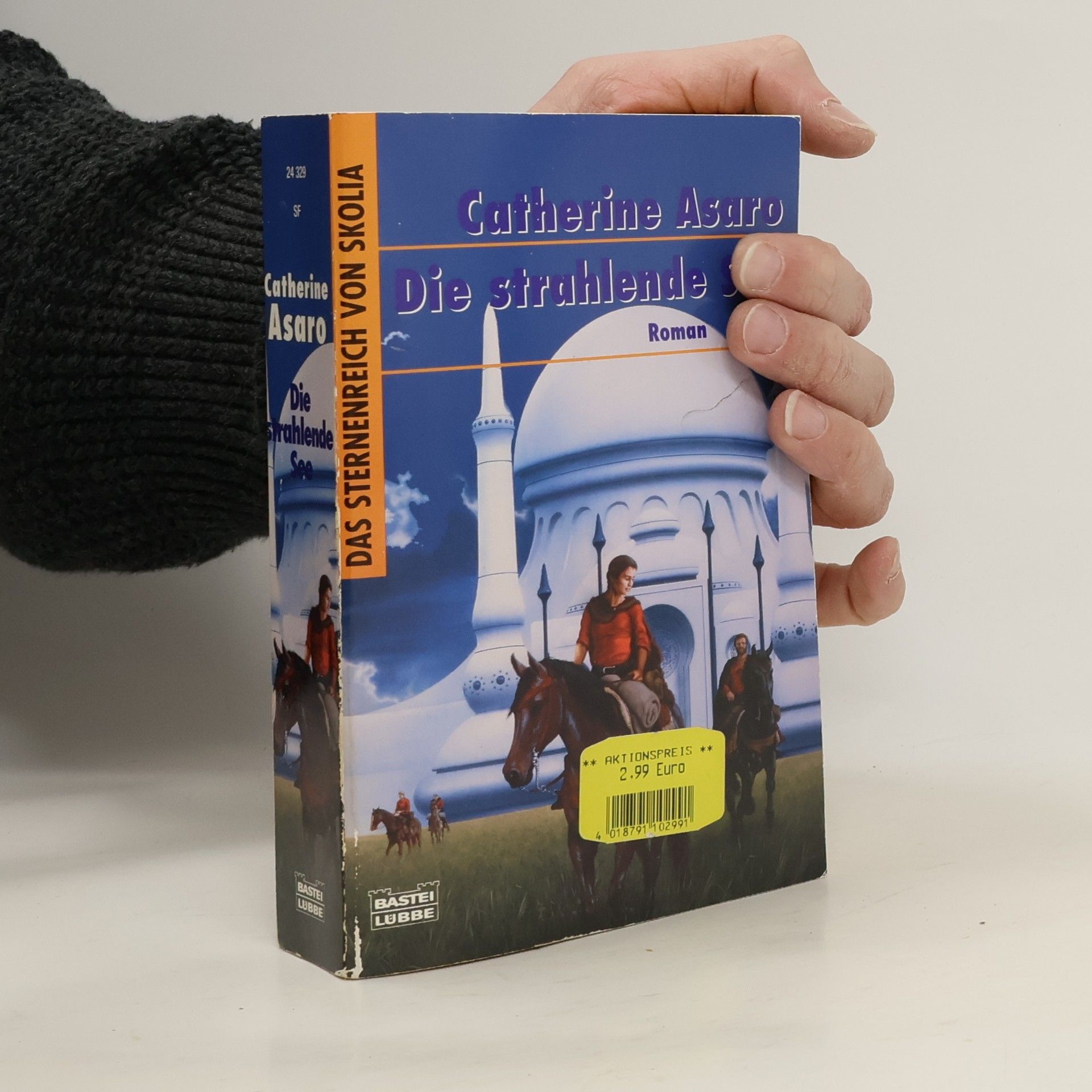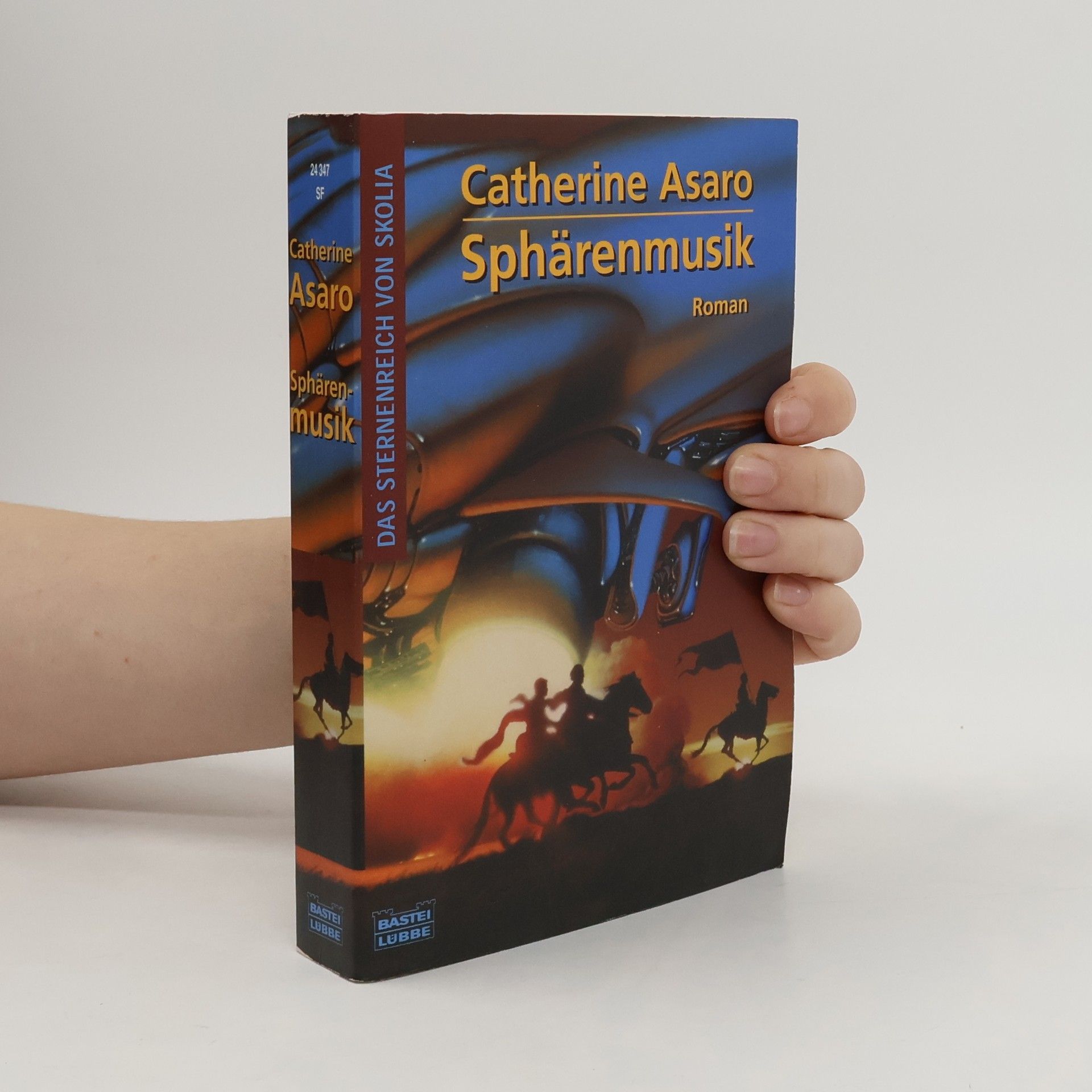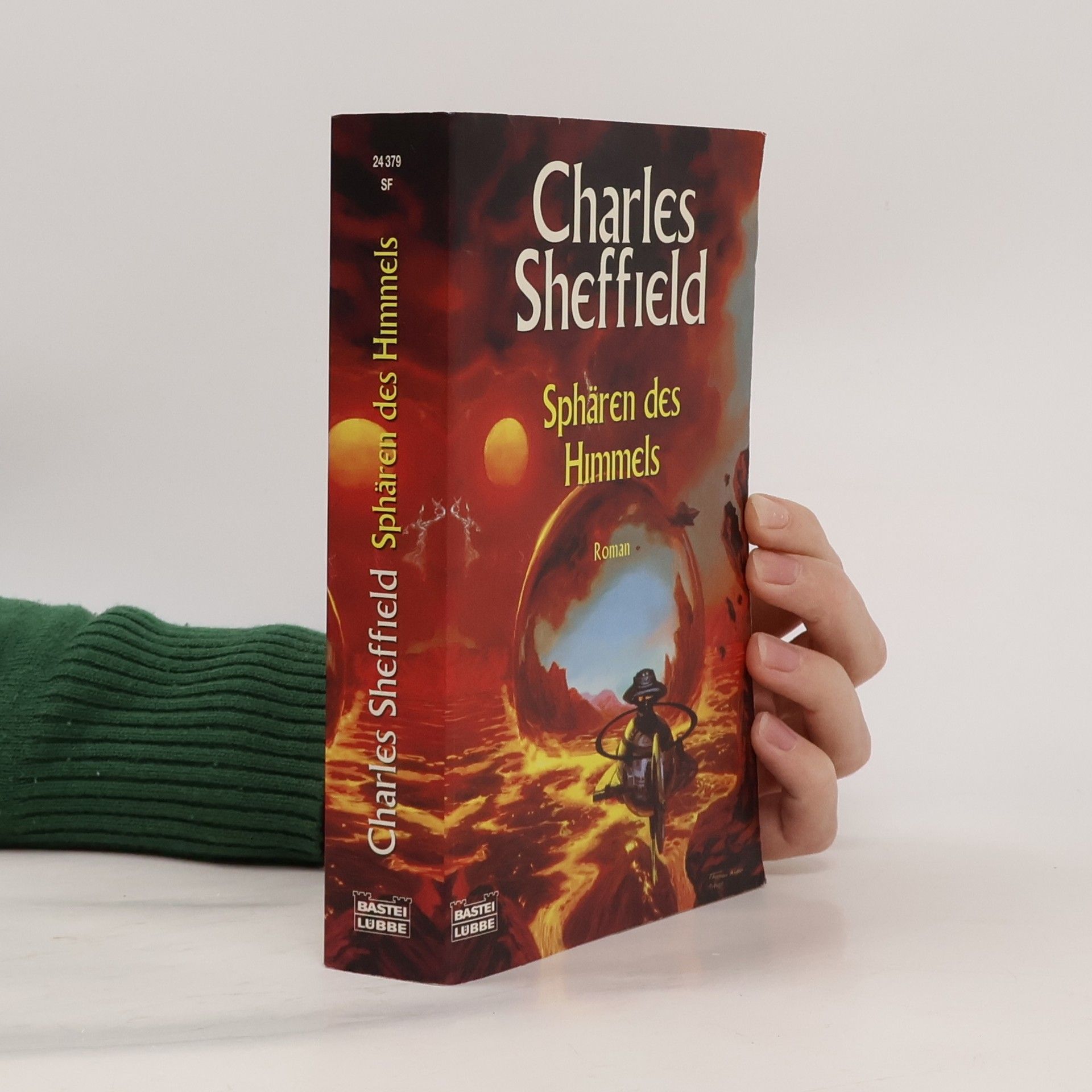Analytical Chemistry II
- 367 pages
- 13 hours of reading
Focused on advanced analytical chemistry, this workbook complements the Skoog/Holler/Crouch textbook, making it ideal for self-study. It covers key topics like mass spectrometry, nuclear magnetic resonance spectroscopy, and various electroanalytical methods, including potentiometry and voltammetry. Additionally, it explores specialized techniques such as radioactive substance analysis and fluorescence methods, while emphasizing the role of electrochemical and optical sensors. The course concludes with essential statistical principles relevant to analytics, supported by references and illustrations from the main textbook to aid independent learning.






